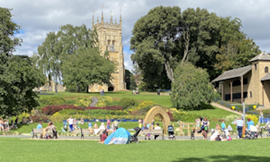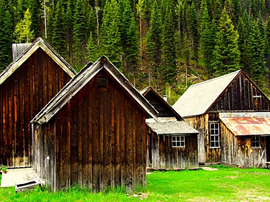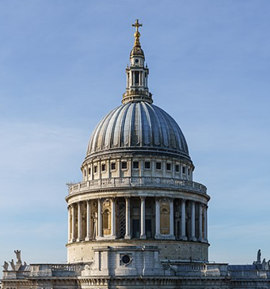Special Nature Conservation Order SNCO
Contents |
[edit] Introduction
In England and Wales, Special Nature Conservation Orders (SNCOs) are made to prevent damage to the natural features and species associated with specific areas of land. The Orders detail prohibited operations, including possible actions taken by the landowner. In Scotland, these measures are referred to as Nature Conservation Orders (NCOs).
[edit] Where SNCOs apply
An NCO may apply in or around designated areas, including:
- Sites of Community Importance (SCIs). These are sites that have been submitted and adopted by the European Commission as a Special Area of Conservation (SAC), but not yet designated by the government of the member state. Within six years of a site being identified as a site of community importance, it should be designated as a Special Area of Conservation with a priority being given to the more important sites, or those facing threats.
- Special Areas of Conservation (SACs): Internationally important areas defined by the National Planning Policy Framework (NPPF) as 'Areas given special protection under the European Union’s Habitats Directive, which is transposed into UK law by the Habitats and Conservation of Species Regulations 2010.’
- Candidate Special Areas of Conservation (cSACs): Sites that have been submitted to the European Commission, but not yet formally adopted.
- Special Protection Areas (SPAs): Areas which have been identified as being of international importance for the breeding, feeding, wintering or the migration of rare and vulnerable species of birds found within European Union countries. These are European designated sites, classified under the Birds Directive.
[edit] Complying with SNCOs
Natural England or Natural Resources Wales provide oversight in situations where an SNCO has been put in place. These bodies can issue stop notices to prevent activity that could possibly violate the terms of the SNCO.
Individuals who object to the restrictions put in place by an SNCO can try to remove the stop notice by:
- Objecting to the SNCO within the first six weeks with the High Court (if the activity does not have a negative impact on the environment). Should the High Court Minister make the objection the subject of further inquiry, a planning inspectorate will be assigned to the task and will report back whatever findings are discovered. The Minister will then issue a decision.
- Requesting written consent from Natural England or Natural Resources Wales for the activity if there is a way to minimise the possibility of damage or if there is ‘overriding public interest’ in the activity. Overriding public interest would mean public interest in the matter (predominantly based on human health, public safety or other socio-economic reasons) that would be considered more beneficial than the environmental consequences. If consent is refused, it is possible to override this by bringing the case to the Minister, who will evaluate the circumstances and issue a decision.
[edit] Related articles on Designing Buildings Wiki
IHBC NewsBlog
IHBC Context 183 Wellbeing and Heritage published
The issue explores issues at the intersection of heritage and wellbeing.
SAVE celebrates 50 years of campaigning 1975-2025
SAVE Britain’s Heritage has announced events across the country to celebrate bringing new life to remarkable buildings.
IHBC Annual School 2025 - Shrewsbury 12-14 June
Themed Heritage in Context – Value: Plan: Change, join in-person or online.
200th Anniversary Celebration of the Modern Railway Planned
The Stockton & Darlington Railway opened on September 27, 1825.
Competence Framework Launched for Sustainability in the Built Environment
The Construction Industry Council (CIC) and the Edge have jointly published the framework.
Historic England Launches Wellbeing Strategy for Heritage
Whether through visiting, volunteering, learning or creative practice, engaging with heritage can strengthen confidence, resilience, hope and social connections.
National Trust for Canada’s Review of 2024
Great Saves & Worst Losses Highlighted
IHBC's SelfStarter Website Undergoes Refresh
New updates and resources for emerging conservation professionals.
‘Behind the Scenes’ podcast on St. Pauls Cathedral Published
Experience the inside track on one of the world’s best known places of worship and visitor attractions.
National Audit Office (NAO) says Government building maintenance backlog is at least £49 billion
The public spending watchdog will need to consider the best way to manage its assets to bring property condition to a satisfactory level.
















